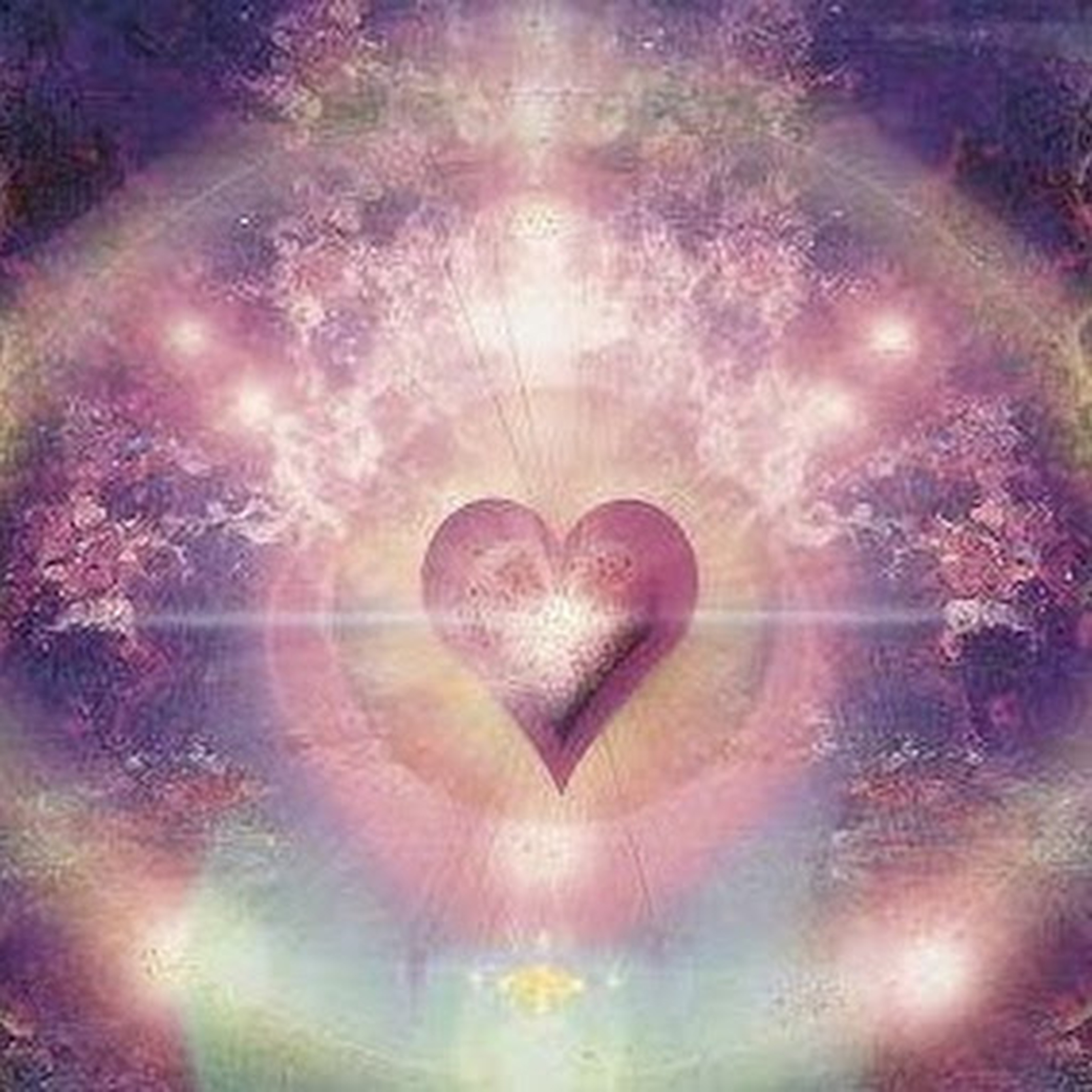The following is Part 1 of a 4-part series on Conscious Grieving. Each of us have grieved in some way or other for someone or something we have lost. The deeper the grief, the greater the loss. Without having loved deeply, the loss would be not have been great. It is only because we love that we have loss and that is the human condition. In loving so deeply we taste heaven, we live a full and great life full of meaning and purpose, and in losing that love we fall greatly into grief. But one happens because of the other; we lose what gave our lives meaning because we loved with fullness and abandon and vim.
How Do We Consciously Grieve?
In Part 2 of this 4-part series, we explore how to consciously grieve. Unconscious grieving means leaving the processing of our sadness to moments outside of our control, that is, releasing sadness only when we get triggered, and relying on that triggering happening in a place where we can release. Getting both on cue can happen if we’re home alone a lot, processing the grief of a loved one who has passed, as can be the case with the newly bereaved.
The First 2 Stages of Grief
No one person grieves the same as another. We are all different, with different needs, make-up and challenges. Grieving is our own personal way of processing new information and, as such, reflects who we are as much as it does the relationship we had/are having with the person or thing for whom or for which we are grieving. It is true to say that the depth of our grief is correlative to the depth of our love for that person or thing. We would not know grief, had we not known love.
The Last 3 Stages of Grief
In the final post in this Conscious Grieving series, we cover the last three stages of grief, as well as the aftermath these stages, and the long-term affect grief can have on us when we grieve well. For the first two stages of grief, please see The First 2 Stages of Grief.





